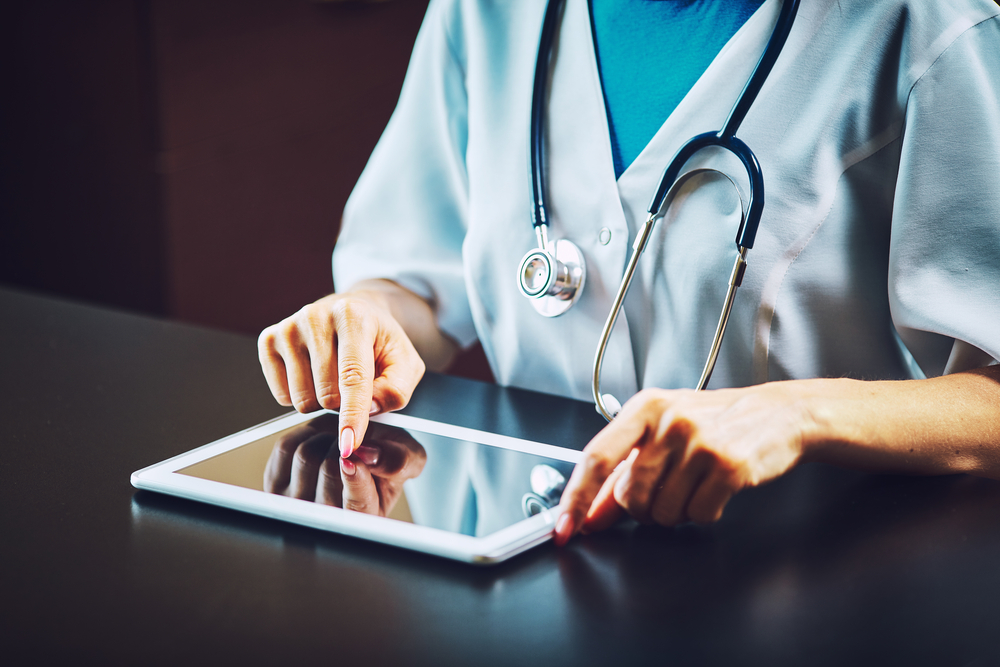Social media has solidified its presence in modern culture, carving out a role in every industry. That includes healthcare, where social media, if used correctly, can be used to promote health education, accessible services, and community trends.
Because the healthcare industry is complex—presenting such issues such as patient privacy and highly technical language—social media must be approached and applied in the correct way to capitalize on its potential as an important health resource.
What are the Benefits of Using Social Media in Healthcare?
Knowledge is power and social media gives you a cheap and effective way of spreading information while educating and engaging the public, thus empowering them with knowledge they can apply to their own lives. Here are some of the positive benefits of using social media:
Raising Awareness
Via public and private social networks, you can provide trusted and credible data on diseases, symptoms, and treatments, as well as public health initiatives, common sense health practices, and healthy living concerns. Public health officials, healthcare providers, and even members of the public can share information about annual health concerns, like the flu, and keep up to date with the latest guidelines and advisories.
Sharing Resources
Social media also provides an opportunity for directing people who follow you or your organization to credible sources of important information, such as public health social accounts; government agencies like the U.S. Centers for Disease Control and Prevention (CDC), and leading health organizations such as the World Health Organization (WHO), United Nations Children’s Fund (UNICEF), and United States Agency for International Development (USAID).
Crisis Communication
When there is a public emergency or safety crisis, people are looking for breaking news, and it is best if that information comes from a consistent, reliable voice. During a time of crisis, live videos and other types of social media posts can be used for sharing official status updates, announcements, guidelines, or restrictions. This is especially important as more and more people rely on social media over television programming and other sources for their news updates.
Answering Common Health Questions
Social networks also serve as a platform for dialogue and discourse about health topics and concerns. Individuals and agencies can either post common health-related questions and answers for the good of the general public or you can encourage community members to present their own inquiries. Providing valuable health information and answering questions are ways to engage the community and build trust. You can also help break down stigma surrounding certain health issues, which can sometimes prevent individuals from seeking the care they need.
Monitoring Public Health
Another advantage of social media is derived from the way the public uses it to post about their own lives and experiences. Trending hashtags provide real-time insight into what emerging public health threats and concerns are on the collective mind of a virtual community or transpiring in a certain geographic location. You can track what’s happening on social media and how it’s affecting the public.
Navigating Challenges of Social Media in Healthcare
While there are numerous benefits of incorporating social networking as a means of communication, it also comes with its own set of challenges. Here are some potential issues to be aware of:
Creating Content
One challenge, especially for smaller clinics or individual healthcare providers, is the pressure to constantly be finding or creating new engaging social media content that is accurate, informative, and timely. Putting time and effort into that effort can detract from other important tasks and responsibilities.
Potential for Misinformation
Misinformation is a two-sided coin. With social media, you can confront inaccurate information that is circulating among the community and help debunk untrue statements or contextualize incomplete data by citing information from credible health sources. However, healthcare agencies and professionals can also be part of the problem when they post information without the right context or before enough data has been collected. This is especially a situation is still evolving.
Privacy Concerns
Although social networks provide an avenue for patient support and health education, you have to be careful about violating any privacy laws when discussing health online. For the most part, you want to avoid overly personal conversations about a specific patient and offer more generic insight. If you want to host a support group for individuals experiencing the same type of health concern, do so with a private setting that requires users be given an invitation to join.
Connecting via Private Social Networks
Although there are a few challenges to address when mixing healthcare and social media, the public overwhelmingly benefits from having this platform for engaging with health professionals, organizations, and agencies. Private social networks like Go2s are especially valuable for sharing recommendations, disseminating information, and promoting engagement because they offer a safe, secure platform. Go2s gives you more control over who is in your network and who can see your posts, comments, and interactions.

